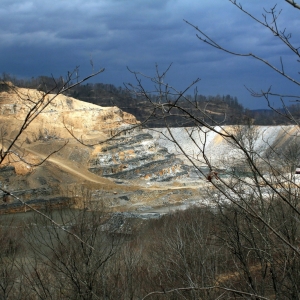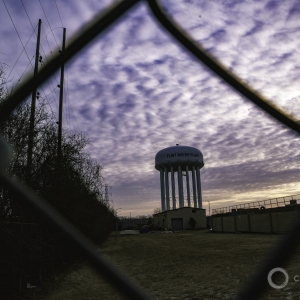Federal Water Tap, October 10: State Department Releases Global Water Strategy, Names Water Envoy
The Rundown
- The State Department and USAID identify global water priorities in a new five-year strategy.
- NOAA Fisheries releases a report on improving salmon and steelhead populations in the interior Columbia River basin.
- The U.S. Fish and Wildlife Service removes a notorious species from the threatened list.
- The EPA’s science advisers will meet in November to discuss environmental justice impacts of lead service line removal.
And lastly, the State Department names a special envoy for biodiversity and water.
“The global water crisis continues to threaten United States (U.S.) national security and prosperity. Water insecurity endangers public health and food security and undermines economic growth. It also deepens inequalities and increases the likelihood of conflict and state failure.” — Excerpt from the State Department’s updated global water strategy.
By the Numbers
$83.1 Million: Estimated cost of the remaining work to clean up the Anaconda superfund site in Montana, according to a consent decree signed by the mining company Atlantic Richfield and the U.S. and Montana governments. The Anaconda copper smelter site, a 300-square-mile district, is considered one of the country’s most polluted. The site was listed on Superfund in 1983 due to groundwater and stream contamination. Cleanup efforts have taken decades.
News Briefs
Biodiversity and Water Resources Envoy
A month before a series of important international meetings on climate change and biodiversity, the State Department has appointed Monica Medina as special envoy for biodiversity and water resources.
The duties are in addition to Medina’s current role as assistant secretary of state for oceans and international environmental and scientific affairs.
Snail Darter Taken off Threatened List
What a long, strange journey it’s been. After nearly four decades, the U.S. Fish and Wildlife Service has decided to remove the snail darter from the threatened species list.
The small fish was at the center of political controversy in the 1970s when its presence in the Tennessee River held up construction of Tellico Dam. After a Supreme Court ruling, Congress eventually exempted the dam, already under construction, from the Endangered Species Act. The snail darter was transplanted in other rivers and moved to threatened status in 1984.
The FWS says it is delisting the species because new populations have been discovered and its range has expanded.
Studies and Reports
Global Water Strategy
The State Department released a new five-year strategy to address the world’s need for safe drinking water, sanitation, and wise management of watersheds in the face of a changing climate.
Other objectives: improve governance and financing and reduce water-related conflict.
A key part of the strategy is to prioritize local leadership and enable sustainable financing that does not rely on foreign aid.
For the first year, the strategy designates 22 countries — 16 in Africa — as “high priority.” These are countries in which needs are greatest or where the U.S. has national security objectives.
Columbia River Basin Salmon
NOAA Fisheries released a report that details potential actions to boost salmon and steelhead populations in the interior Columbia River basin.
Those actions include breaching four dams on the lower Snake River, restoring tributary habitat, deterring predators, and reforming hatchery programs.
“It will be essential that we implement all these actions, and that we do so at a large scale,” the report states.
Whether to breach the lower Snake River dams is one of the most contentious environmental policy questions in the Pacific Northwest.
On the Radar
Meeting: Drought Effects on Water Availability
From February through September, the U.S. Geological Survey and the National Integrated Drought Information System held a series of five listening sessions to gather input on the research and data needs for understanding water availability during drought.
A public meeting on October 20 at 1:00 p.m. Eastern will summarize the comments received during the listening session. Register here.
EPA Science Advisory Board Meeting
The agency’s science advisers will meet on November 3 and 4 to discuss, among other topics, the environmental justice impacts of lead service line removal.
The public meetings will be held from noon to 6 p.m. Eastern. Webcast and dial-in information will be posted at the above link.
Federal Water Tap is a weekly digest spotting trends in U.S. government water policy. To get more water news, follow Circle of Blue on Twitter and sign up for our newsletter.
Brett writes about agriculture, energy, infrastructure, and the politics and economics of water in the United States. He also writes the Federal Water Tap, Circle of Blue’s weekly digest of U.S. government water news. He is the winner of two Society of Environmental Journalists reporting awards, one of the top honors in American environmental journalism: first place for explanatory reporting for a series on septic system pollution in the United States(2016) and third place for beat reporting in a small market (2014). He received the Sierra Club’s Distinguished Service Award in 2018. Brett lives in Seattle, where he hikes the mountains and bakes pies. Contact Brett Walton







Leave a Reply
Want to join the discussion?Feel free to contribute!